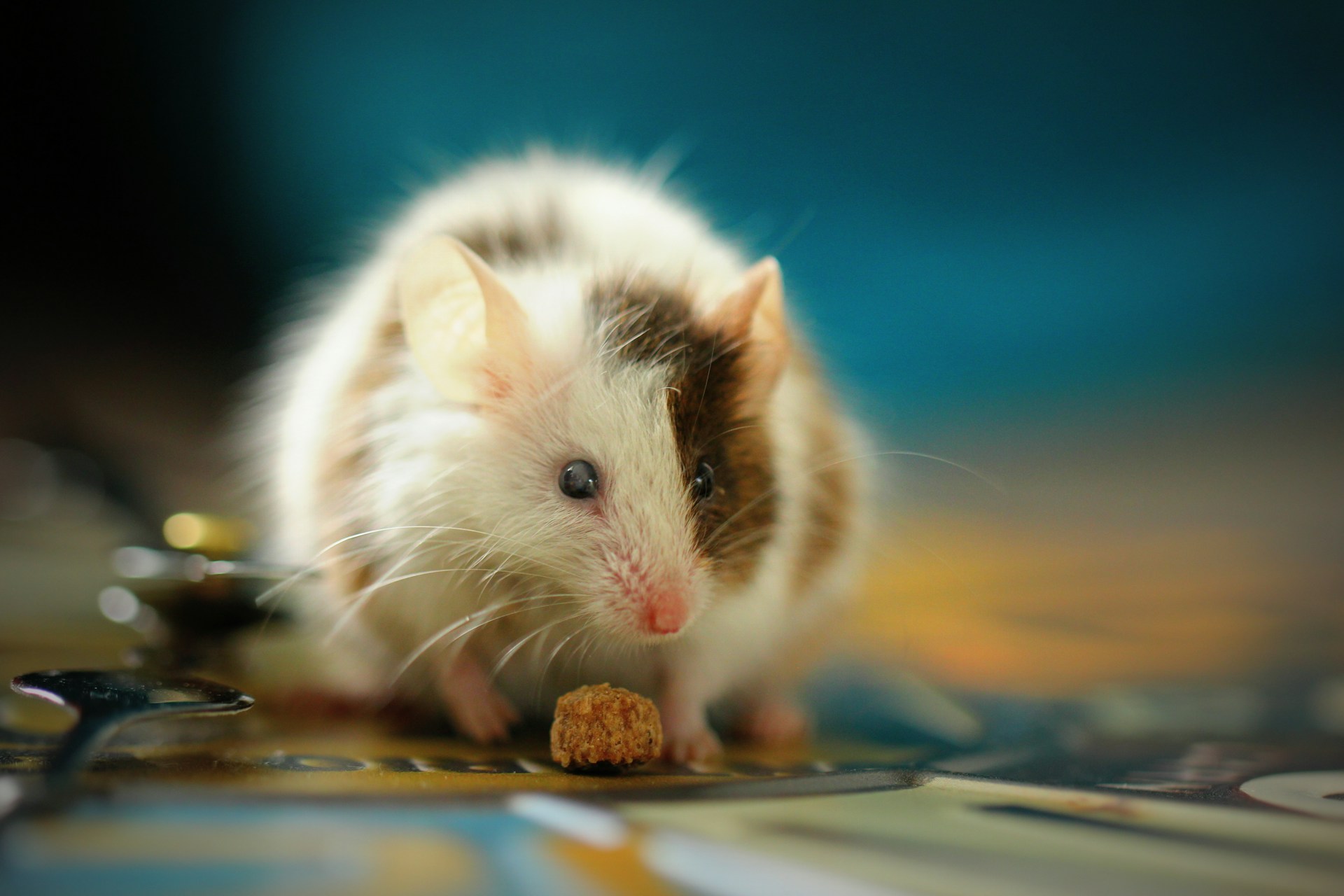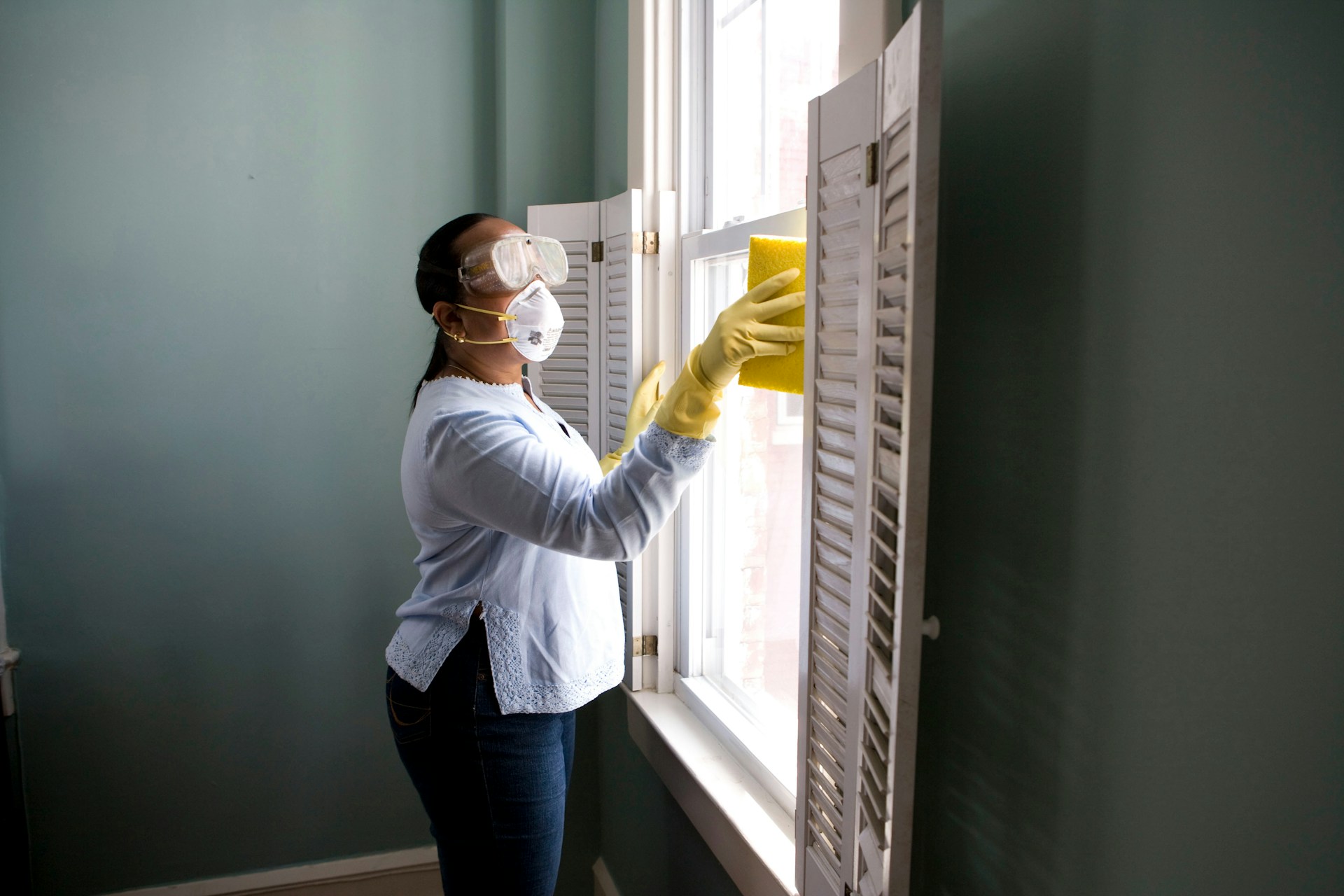Investing in a home is one of the most significant financial commitments an individual or family can make. Protecting this investment requires attention to many details, some of which are more apparent than others.
Among the essential yet often overlooked aspects of home maintenance is comprehensive pest control.
Common household pests, including mice, rats, termites, and a variety of insects, can not only cause discomfort but also pose significant threats to the integrity and value of your property.
Implementing an effective pest management strategy is crucial for maintaining the safety, comfort, and financial stability of your home environment.
The Hidden Costs of Home Pests
Pests in the home can lead to a wide range of problems, from minor nuisances to severe health risks and structural damages.
The types of damage and associated costs can vary significantly depending on the pest in question:
- Structural Damage: Termites, for instance, are notorious for their ability to weaken wooden structures, potentially leading to costly repairs. Similarly, rodents like mice and rats can gnaw on electrical wiring, insulation, and even plumbing, increasing the risk of fires, water damage, and other structural issues.
- Health Risks: Beyond physical damage to the property, pests can pose health risks to residents. Rodents and cockroaches are known to carry diseases, while pests like mosquitoes can spread illnesses such as West Nile Virus and Zika Virus. The presence of allergens from pests like cockroaches and dust mites can also impact indoor air quality and residents' health.
Financial Implications
The financial implications of unchecked pest infestations are significant. The cost of repairing structural damage, treating health issues arising from infestations, and eradicating established pest populations can quickly add up, often surpassing the expense of regular pest control measures.
The potential loss in property value due to ongoing or unresolved pest problems cannot be understated. Prospective buyers are likely to be deterred by signs of pest infestations, while sellers may be forced to reduce their asking price significantly or pay for costly remediation efforts before a sale can proceed.
Comprehensive Pest Control Methods
Effective pest control involves a combination of strategies tailored to address specific pests. Here is how homeowners can manage some of the most common household pests:
Mice and Rat Control
- Exclusion Techniques: Sealing entry points to prevent rodents from entering the home is crucial. This includes filling holes and gaps around doors, windows, and foundations.
- Traps and Baits: Various traps, from traditional snap traps to live catch traps, can be effective in managing rodent populations. Baits can also be used but with caution, especially in homes with children and pets.
 Photo by Sandy Millar on Unsplash
Photo by Sandy Millar on Unsplash
Termite Prevention
- Moisture Control: Termites are attracted to moisture. Ensuring your home is well-ventilated and fixing leaks promptly can deter termite infestations.
- Regular Inspections: Professional inspections can identify termite activity early, preventing extensive damage. Inspectors can also recommend treatments and preventive measures.
Cockroach and Ant Management
- Cleanliness: Keeping your home clean and free of food debris can reduce the attractiveness of your home to these pests.
- Bait Stations and Sealants: Bait stations can effectively control ant and cockroach populations, while sealants can block entry points and prevent access to your home.
Professional assistance plays a critical role in pest identification and eradication. Pest control professionals can offer customized solutions based on the specific type of pest and the extent of the infestation, ensuring effective and long-lasting results.
The Role of Professional Pest Inspections
Pest inspections are thorough examinations of a property by certified pest control professionals.
These inspections go beyond a superficial check, delving into areas where pests are likely to hide or breed.
Inspectors look for signs of infestations, such as droppings, damage, and nests, as well as conditions that might attract pests like moisture issues and entry points.
Benefits of Regular Pest Inspections
- Early Identification of Infestations: Regular inspections can uncover pest activity before it becomes widespread, making control efforts more manageable and less costly.
- Preventing Health Risks and Damage: By identifying and addressing pest issues early, homeowners can avoid the health risks and property damage associated with infestations.
- Maintaining a Pest-Free Home: Scheduled inspections ensure ongoing vigilance against pests, helping to keep your home safe and comfortable for its inhabitants.
Incorporating professional pest control methods and regular inspections into your home maintenance routine can significantly contribute to protecting your investment.
These proactive steps not only prevent the immediate inconveniences and dangers of pests but also safeguard against the long-term financial impacts of infestations.
Cost-Benefit Analysis of Pest Inspections and Control
The cost of regular pest inspections and control measures may initially seem like an additional expense for homeowners. However, when compared to the potential costs associated with repairing pest-related damage or eradicating a severe infestation, preventative measures are financially prudent.
 Photo by Monstera Production on Pexels
Photo by Monstera Production on Pexels
While specific figures can vary widely based on location, type of pest, and the extent of infestation, the principle remains consistent: investing in regular pest control can save homeowners significant amounts of money in the long run.
The Value of Preventive Measures
Preventive pest control not only helps avoid the costs of structural repairs but also preserves the value of your home.
Regular inspections can identify risks and potential entry points for pests, allowing for timely interventions that keep infestations at bay and maintain the integrity and safety of your property.
Choosing the Right Pest Control Service
Selecting the right pest control service is crucial for effective and safe pest management. Look for services with the following:
- Certifications: Ensure the company is licensed and its technicians are certified by relevant local or national pest management associations.
- Experience: Choose a company with experience in dealing with the specific pests common to your area or property.
- Reputation: Read reviews and ask for references to gauge the company’s reliability and customer satisfaction.
Specialized Solutions
Given the diversity of pests and the complexities of potential infestations, opting for a pest control service that offers specialized solutions tailored to your specific concerns, whether it is mice and rat control, termite prevention, or another pest, is essential for effective and efficient pest management.
Wrapping Up
Regular pest inspections and comprehensive pest control play a pivotal role in protecting homeowners' investments.
By identifying and addressing pest issues early, homeowners can prevent significant damage, avoid health risks, and preserve their property’s value.
The initial cost of pest control measures pales in comparison to the potential expenses associated with repairing damage caused by uncontrolled infestations.
As such, investing in regular pest inspections and choosing the right pest control service are key steps in safeguarding one’s home against the threats posed by pests.

